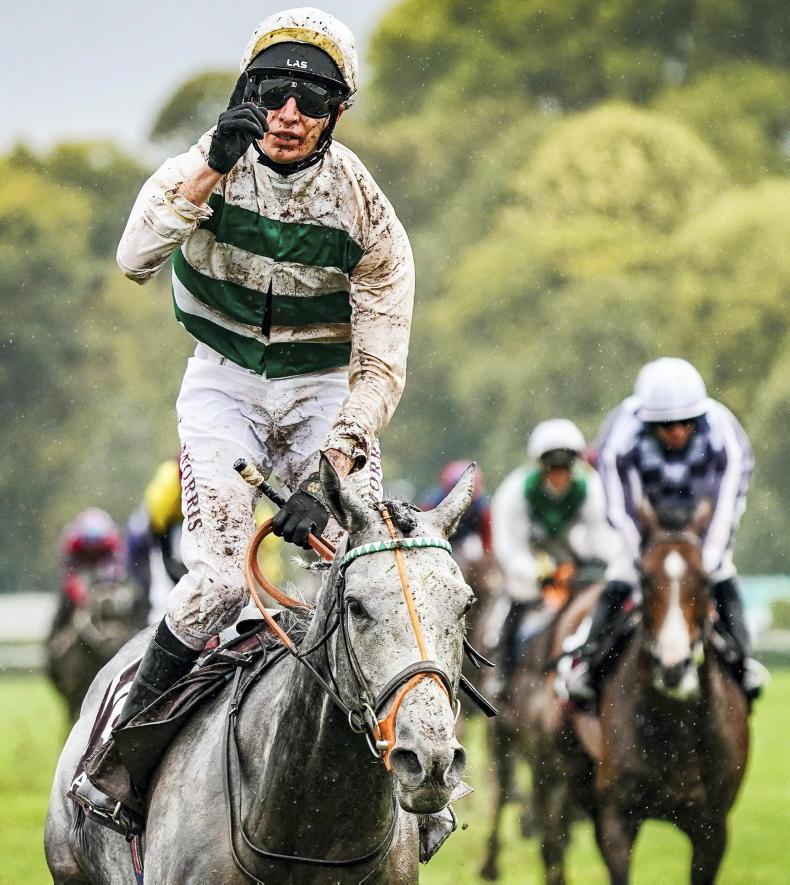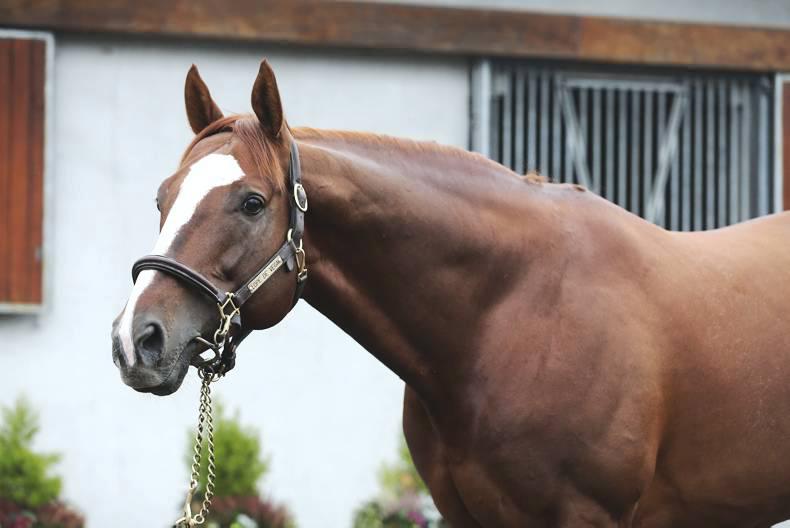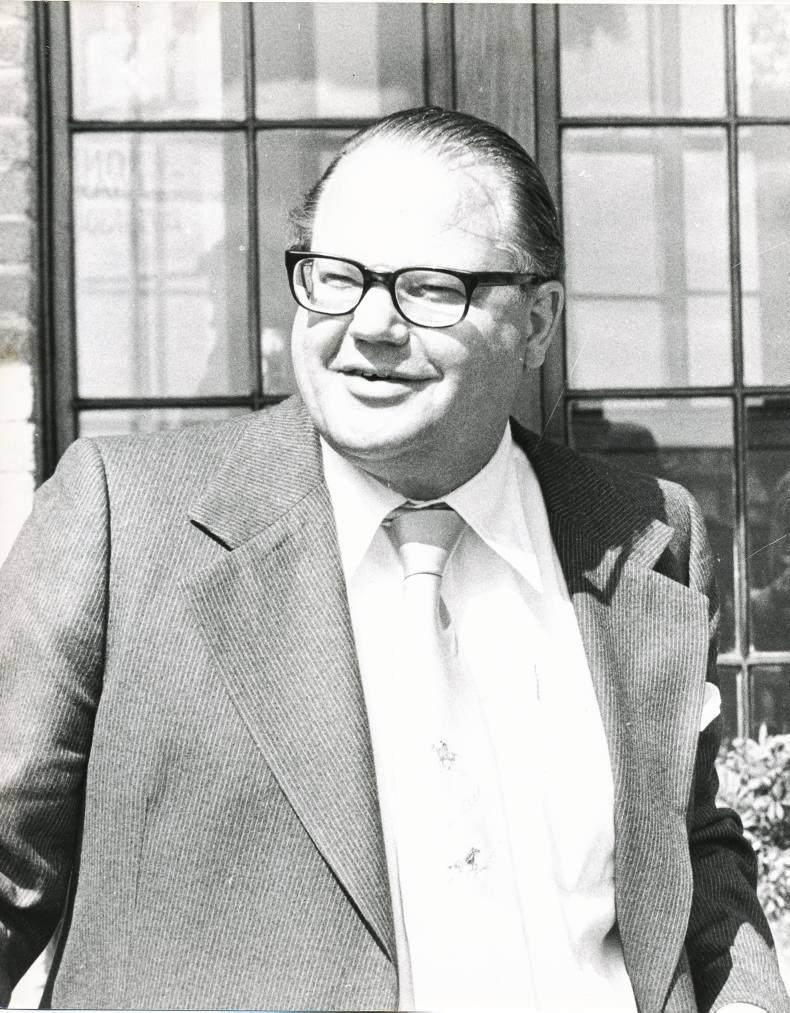NOBODY appreciates the challenges facing racing more than those professionally involved with it, but if you were to read everything that is written about the sport you might wonder if it is time to bolt the stable door for good, and just walk away.
After more than 180 years, racing will cease in Singapore in October, four days after the running of the Prix de l’Arc de Triomphe. The day after that great sporting and iconic race, representatives of all the racing nations in the world gather for a conference, and it will be somewhat sombre to be saying goodbye to one of its member countries.
However, it is not ceasing because of welfare issues, but rather land scarcity and falling numbers of racegoers.
It is absolutely clear to me that the people who want to see racing, and the breeding of racehorses, banned will go to any lengths to do so, and this includes the deliberate dissemination of falsehoods. These will get headlines, catch people’s attention, and then pass for truths in a society ruled by social media snapshots.
Where is the questioning of these untruths, including by members of the press? Any attempt to stand up to these lies is simply met with a barrage of abuse. The reality is that Animal Rising, PETA and others will peddle one-liners and salacious ‘facts’ that grab attention, but they have no answers when challenged.
This week a column appeared on the sports pages of one of our most respected national dailies. The headline and the standout quote were chosen to catch your eye, and were negative about racing. It quotes Bill Finley from an article published 30 years ago, but the three lines are taken from a detailed report about the state of horse racing, one which regrets that horses are raced far less now than they were a few decades earlier.
This is an example of doing wrong, even if you are doing right. What would these people say about Dahlia, who raced globally in the 1970s, when transport was not as sophisticated as today. She raced for five seasons, ran 46 times, and won 11 Group or Grade 1 races, many against colts. Then look at recent stars such as Enable (raced five seasons, ran 19 times), Alpinista (raced four seasons, started 15 times), and Treve (four seasons racing, starting 13 times).
In her final season racing, at the age of six, Dahlia raced as many times as Treve did in her entire career, ran on dirt and turf, and won at the highest level. She then went to stud and bred four Grade 1 winners.
Should we be calling for horses to race more, not less?




 This is a subscriber-only article
This is a subscriber-only article
 It looks like you're browsing in private mode
It looks like you're browsing in private mode










SHARING OPTIONS: